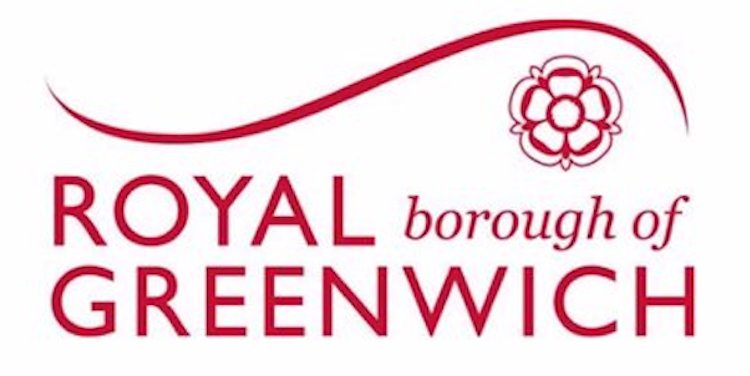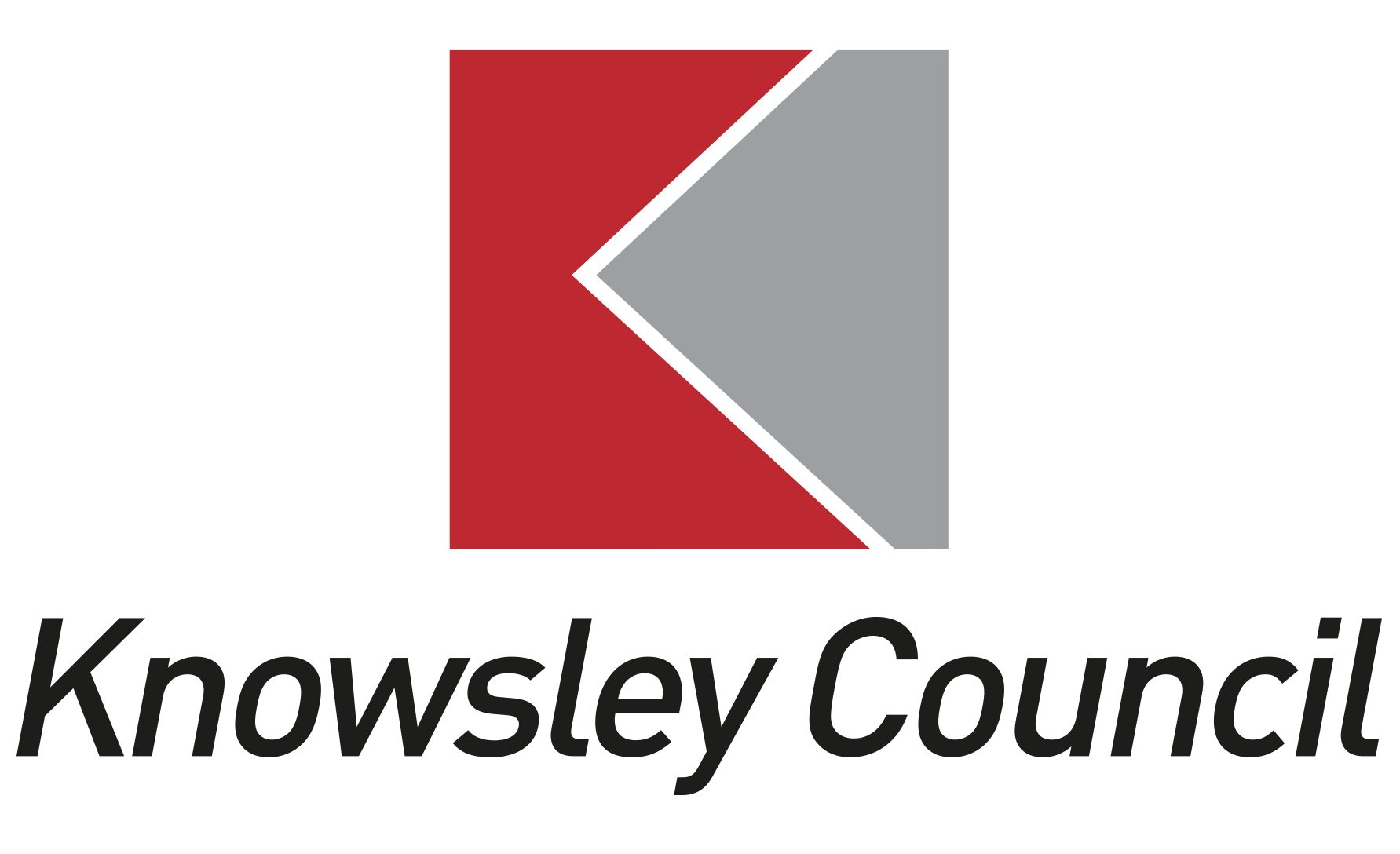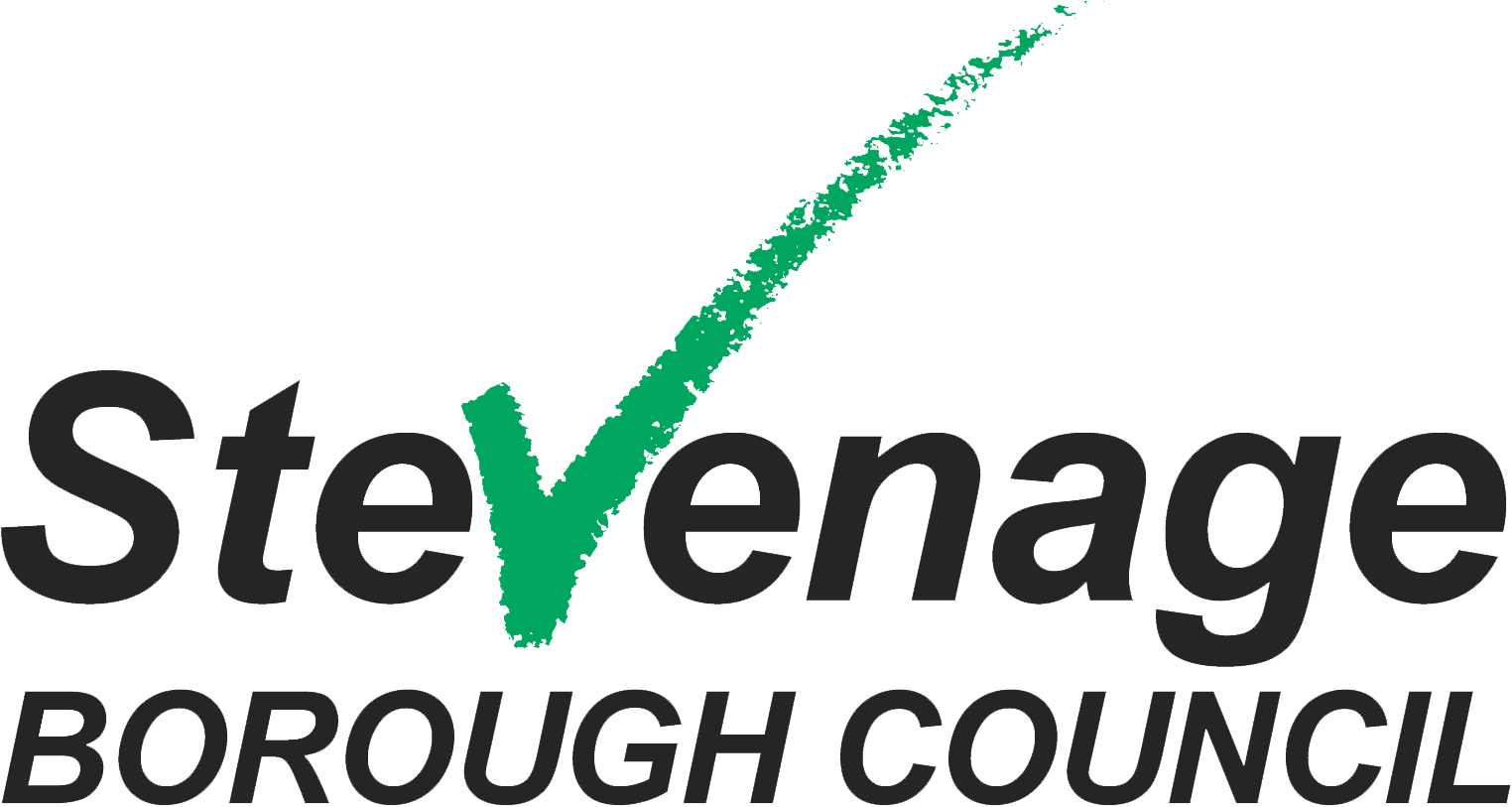Introduction
Seeing more cooperatives developed in your local area needs to start from an understanding of what is already in your area and in neighbouring areas. This is something which it should be possible to do quite rapidly. We can break this down into four broad areas:
- Existing cooperatives
- Existing cooperative development support
- Understanding of and appetite for cooperatives
- Your policy context
Know your patch – understanding what is already in place in your locality. Mapping what’s on the ground in terms of cooperative organisations, networks and people will not in itself enable action and isn’t something that should take significant time. However it will serve to highlight the organisations, and local cooperative champions/activists who are actually making change happen on the ground, albeit that this likely to be at a small scale.
If you don’t have capacity to do this in house, you may wish to commission a consultant or consultancy to do this for you or establish a Cooperative Commission. More is said about both approaches towards the bottom of this section.
Existing Cooperatives
Do you have a clear understanding of what coops exist in your area? A number of organisations in the UK provide support to cooperatives and hold data on them which can help you understand your local cooperative business scene. Conversations with key individuals from these existing organisations may identify others locally who are passionate or knowledgeable about cooperatives. Some places even have existing cooperative networks as is the case with Calderdale Cooperative Association.
If you find there are not many cooperatives in your area or particular types are lacking, you may wish to look at neighbouring areas. Where cooperatives have come about in neighbouring areas these might reflect an as yet unanswered need in your own and provide inspiration on your doorstep.
Useful resources:
Our favourite resources to understand your existing cooperatives are:
- Cooperatives UK open data: this data source consists of two databases. The first is organisations updated monthly drawing on Companies House and Financial Conduct Authority data, the second is Financial Data covering what turnover data has been submitted. Both databases are supported by explanatory notes. Start with the organisations data and working with the main table or by creating a pivot table filter by ‘Registered State/Province’ or ‘Registered City’.
B. You may wish to discount organisations that fall within the categories: Social Clubs, Sports Clubs and Supporters Clubs. While there may be opportunities around these the nature of these organisations is quite different to what is more typically considered when thinking of cooperatives.
- Plunkett Community Business Map: while you should find all the businesses on this map within the Cooperatives UK open data, this will help you if you’re particularly interested in community businesses. The businesses mapped are broken down into a range of helpful categories.
- Community Led Homes data: CLH host a range of data on their site including a map of projects allowing you to identify any local community housing projects.
Existing Co-operative Development Support
Within your region you may have cooperative development consultants or a cooperative development body. These can be found on the Cooperatives UK Practitioners Directory.
Understanding of and Appetite for Cooperatives
The participation of cooperatives in the UK economy is significantly lower than in peer nations including France, Italy, Germany, Netherlands and Spain in Europe or the US. For this reason, understanding of and familiarity with cooperatives is low in almost any group of people you might consider. There are misconceptions as to the range of sectors coops might operate in or the types of benefit they might support.
As well as understanding, it is important to understand what people’s views (well-informed or not) are of cooperatives and whether they would like to see more locally and whether they would support them. If you find there is low appetite but also low understanding, it is likely that the two are related: there isn’t a desire for more cooperatives because there is little understanding of them and their benefits.
You might wish to undertake surveys on a one off or periodic basis to measure this and understand changes in views. South Ribble have used:
- Employee ownership survey: assessing business owners’ views of employee ownership as a succession option.
- Community ownership survey: assessing residents’ views of community ownership.
Your Policy Context
Your local policy context will impact on how easy or not it is for people to create a cooperative and see it thrive. While the majority of content on this topic is focused in the action section of the toolkit you may at this stage wish to consider to what extent coops are considered or actively promoted within policy in each of the following areas:
- Procurement (including social value)
- Grant making
- Business support
- Business rates relief
- Assets (including both asset transfer and assets of community value).













































